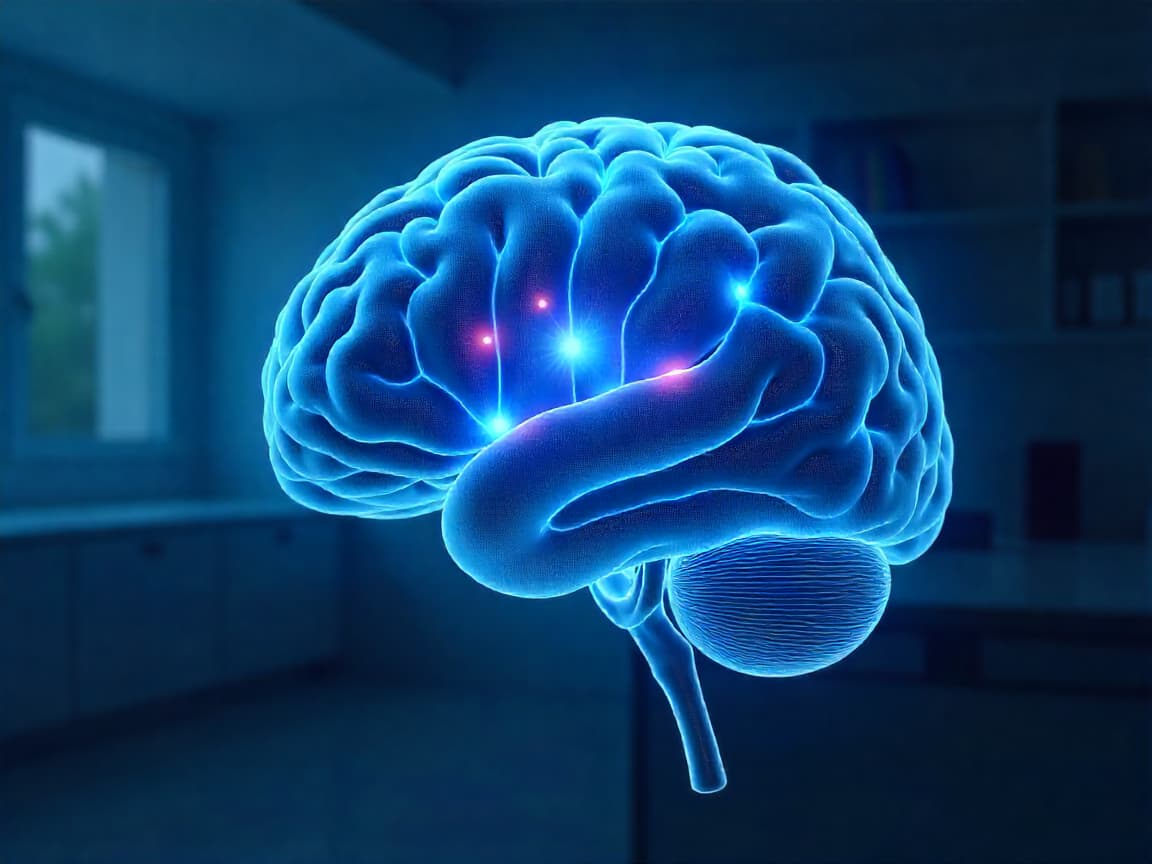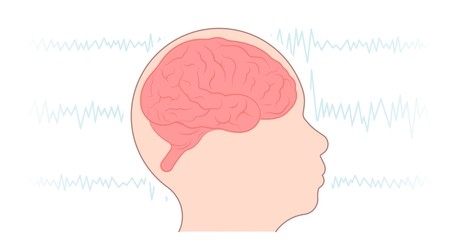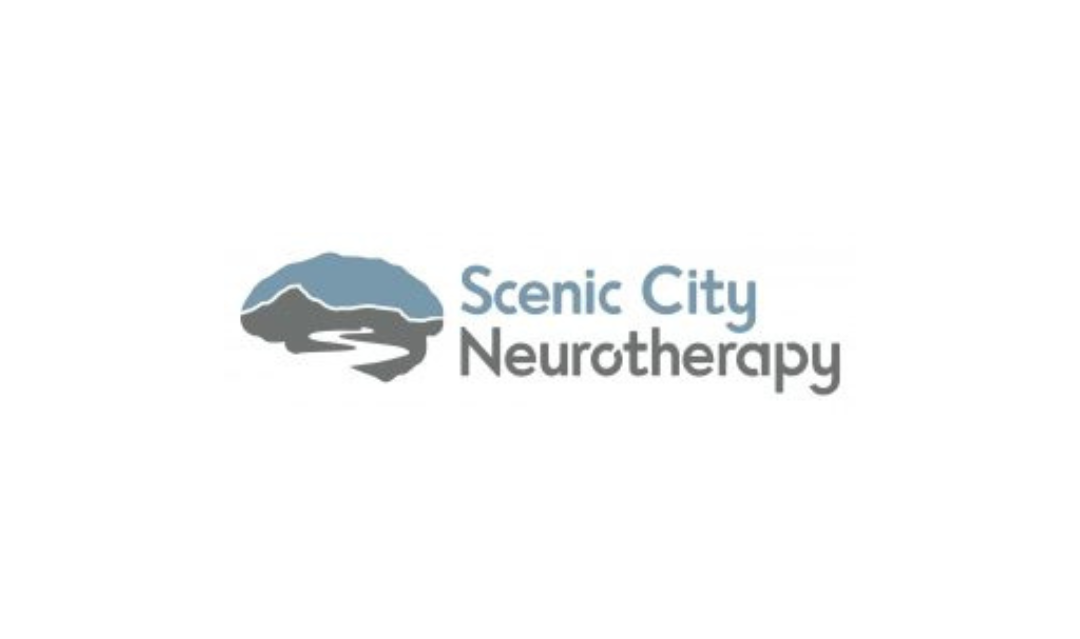Frontiers in Psychiatry Publishes Charles Miller’s Call for Science-Backed Ketamine Therapy
Scenic City Neurotherapy is proud to announce that Charles Miller’s most recent peer-reviewed manuscript, The Collective Lie in Ketamine Therapy: A Call to Realign Clinical Practice with Neurobiology, has been officially published in Frontiers in Psychiatry. This landmark publication provides a science-driven perspective on ketamine therapy, addressing widespread misconceptions while highlighting its true value: promoting long-term mental health improvement through neuroplasticity.
For years, ketamine therapy has been at the center of discussions about alternative treatments for depression, anxiety, PTSD, and other mental health challenges. However, much of the public narrative has focused on its dissociative or so-called “psychedelic” effects. Miller’s article brings clarity to the debate, reminding clinicians, researchers, and patients that the real therapeutic benefits lie in the brain’s ability to reorganize and form new pathways.
Challenging the Psychedelic Narrative in Ketamine Therapy
In his paper, Miller directly challenges the commonly accepted belief that ketamine’s therapeutic benefit depends on the dissociative experience promoted by ketamine-assisted psychotherapy (KAP). Instead, he points to decades of research confirming ketamine’s function as an NMDA receptor antagonist, which stimulates neuroplasticity—the brain’s capacity to create new neural connections and reorganize itself.
This shift in focus has significant implications for how ketamine therapy is delivered. According to Miller, meaningful and enduring mental health improvements occur not during the temporary altered state, but in the days that follow treatment. During this period of heightened neuroplasticity, the brain is more receptive to building healthier patterns of thought, behavior, and emotional regulation.
By reframing ketamine therapy around science-backed neurobiology rather than mystical or psychedelic expectations, Miller makes the case for treatment protocols that maximize long-term results while reducing risks of dependency or misuse.
The Case for Evidence-Based Ketamine Protocols
As ketamine therapy grows in popularity, the desire to make it widely accessible has sometimes led to shortcuts in clinical practice. In many cases, protocols have been compromised through changes in dosing, frequency, or administration methods that prioritize convenience over effectiveness. This, Miller argues, diminishes ketamine’s true therapeutic potential.
Successful mental health treatment requires more than simply inducing an altered state. It demands a careful alignment of clinical practice with the brain’s natural timeline of change. By respecting the biological process of neuroplasticity, clinicians can help patients achieve sustainable improvements in mood, cognition, and emotional resilience.
Miller explains:
“The goal is not to recreate an altered state, but to help patients build sustainable patterns of thought and behavior. When protocols match the brain’s actual timeline, we offer patients the groundwork for enduring transformation.”
This science-driven perspective empowers providers to adopt standardized, ethical, and evidence-based ketamine protocols that prioritize long-term patient well-being over short-lived experiences.
Key Takeaways
- Ketamine therapy’s real success is driven by neuroplasticity, not dissociation.
- The therapeutic focus should be on the post-treatment window, when the brain is most capable of reinforcing new, healthier connections.
- Misalignment with brain biology can undermine treatment outcomes, shifting attention toward fleeting experiences instead of sustainable improvements.
- Evidence-based protocols provide patients with resilience, agency, and lasting mental health benefits.
These principles not only elevate the standard of care but also protect patients from unrealistic expectations shaped by the psychedelic narrative surrounding ketamine.
Read the Full Publication in Frontiers in Psychiatry
Charles Miller’s peer-reviewed manuscript represents a pivotal step toward standardized, ethical, and science-backed ketamine therapy. By bridging the gap between popular culture and clinical neurobiology, his work offers a roadmap for the future of psychiatry—one that prioritizes evidence, patient safety, and sustainable transformation.
You can read the full publication, The Collective Lie in Ketamine Therapy: A Call to Realign Clinical Practice with Neurobiology, in Frontiers in Psychiatry to explore the topic in depth and learn how this perspective is reshaping the future of ketamine therapy.
About Scenic City Neurotherapy
Founded in 2019, Scenic City Neurotherapy is at the forefront of advanced and comprehensive treatments for those facing treatment-resistant conditions. Our mission is to optimize brain function and elevate well-being through cutting-edge therapies. We specialize in two pioneering approaches: Minimally Stimulated Ketamine Infusion Therapy (MSKIT®) and Transcranial Magnetic Stimulation (TMS).
If you are exploring innovative solutions for mental health, chronic pain, and other neuro-degenerative conditions, Scenic City Neurotherapy offers transformative treatment options. Join us in leading the charge towards groundbreaking brain optimization treatments and empowering individuals to reclaim their lives.
Contact Founder and Chief Medical Officer, Charles Miller today to learn more about our proven protocols for Minimally Stimulated Ketamine Infusion Therapy (MSKIT®). Call 423-228-0579 or visit www.ScenicCityNeuro.com.







